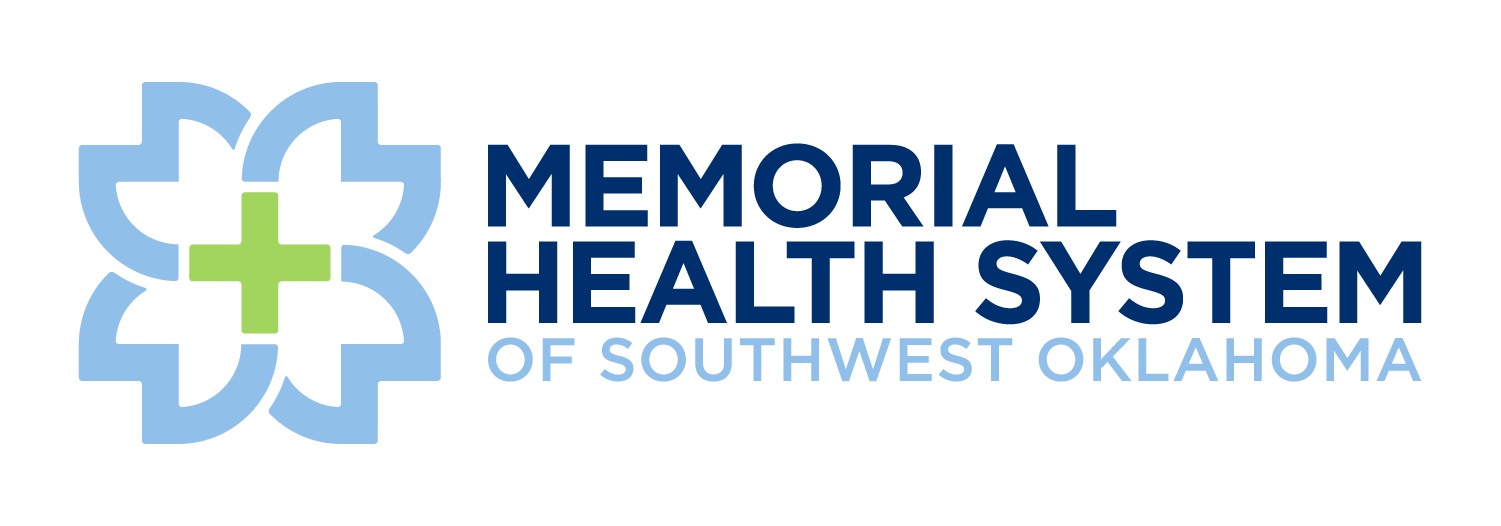While Oklahoma doesn’t often see severe winter weather, the state has seen some large ice storms in recent years. If you’ve been here a while, you may even recall the 2007 ice storm. This weather event is infamous for having caused severe damage to homes, trees, cars and power lines across the state. Since then, the state has endured several smaller winter storms over the years. Are you prepared for the next? Keeping warm through a power outage, ensuring you have the food and medication you need, and having the knowledge necessary to travel safely this holiday season are crucial! Let CCMH help with these winter weather safety tips.
Staying Warm In A Power Outage
At best, power outages are an inconvenience. At worst, you could be dealing with a medical crisis. Besides the risk of home and pipe damage, YOU could be in danger of a severe medical emergency. Once your home loses heating, it will immediately begin to cool. And nighttime will bring even more chill. Some indoor winter weather tips that could keep you safe:
- Do NOT use your cooking appliances for heating. Instead, try layering your clothes and bundling in extra blankets or sleeping bags.
- Use portable and electric space heaters with automatic shut-off options! Make sure you keep all flammable objects like curtains away. Don’t make a bad situation worse with a house fire.
- If you use a generator, keep it outside and 20 ft. away from your home.
- Avoid opening doors and windows, and keep them insulated with towels stuffed around the base. If you need to exit your home, use a garage or patio!
- Make sure you check on infants and older adults often and NEVER let them sleep in freezing rooms. If necessary, find sleeping arrangements elsewhere.
Signs of Frostbite & Hypothermia
While frostbite can be scary, hypothermia is more dangerous. If your body temperature drops below 95 degrees, you need to seek emergency medical attention immediately.
Other signs of hypothermia include:
- Shivering
- Memory loss
- Exhaustion
- Slurred speech
- And in infants, bright red and cold skin with low energy
Signs to watch for frostbite:
- White or gray/yellow skin areas
- Unusually waxy or firm skin
- Numbness
Remember, if you notice signs of either medical emergency, don’t wait to take action.
Winter Weather Safety Preparation
Winter weather preparation doesn’t just mean winterizing your home and vehicle(s). If you see a grim weather forecast, there’s a chance you’ll be stuck inside for an unknown length of time.
A good rule of thumb is to always have non-perishable foods with no cooking requirements. A week’s worth for you and your family is the minimum you should keep on hand in case of foul weather. Another item you should keep at least a week’s worth on hand is medication! Try discussing with your doctor about switching to a 60 or 90-day refill schedule, or keeping an emergency batch for the year.
If at all possible, try keeping MORE than a week’s worth of food and medicine ready in case of weather emergencies!
Be Weather Aware
Holidays are a popular time to travel. In fact, 20.5 billion Americans on average travel between December and January. While travel numbers post-Covid are still much smaller than average numbers pre-Covid, we’re still waiting for the 2021-2022 travel data. Make sure you stay weather aware and know these travel tips:
- Prepare your car for winter driving by checking all mechanical functions – including the heat system!
- Equip your car with winter tires that have a deeper tread.
- Avoid using cruise control in unsafe conditions (Ice, heavy rain, strong winds, etc.)
- Keep at least a car’s length of distance between you and the car ahead of you.
- Steer IN the direction of a skid!
And as always, don’t go anywhere if you see severe weather forming anywhere along your route! Staying home and following winter weather safety guidelines and precautions could prevent disaster.
If you or your loved ones find yourselves in a medical emergency this winter, do not hesitate – take action! Contact the Drewry Family Medical Center or call an ambulance for immediate assistance at 580.585.5555
The Comanche County Memorial Hospital website does not provide specific medical advice for individual cases. Comanche County Memorial Hospital does not endorse any services obtained through information provided on this site, articles on the site or any links on this site.
Use of the information obtained by the Comanche County Memorial Hospital website does not replace medical advice given by a qualified medical provider to meet the medical needs of our readers or others.
While content is frequently updated, medical information changes quickly. Information may be out of date, and/or contain inaccuracies or typographical errors. For questions or concerns, please contact us at contact@ccmhhealth.com.
Sources:
REI Co-Op.
https://www.rei.com/blog/snowsports/how-to-dress-in-cold-weather
Centers for Disease Control and Prevention.
https://www.cdc.gov/disasters/winter/duringstorm/indoorsafety.html
https://www.cdc.gov/disasters/winter/staysafe/hypothermia.html
Bureau of Transportation Statistics. https://www.bts.gov/data-spotlight/holiday-travel-surge-in-long-distance-trips
National Safety Council. https://www.nsc.org/community-safety/safety-topics/seasonal-safety/winter-safety/driving

